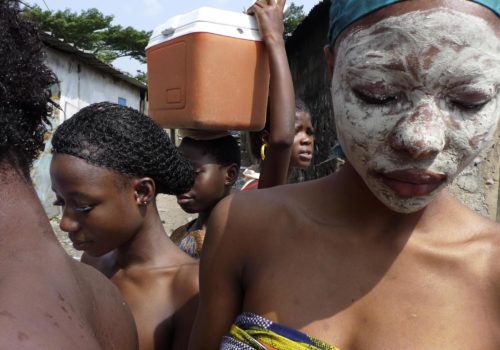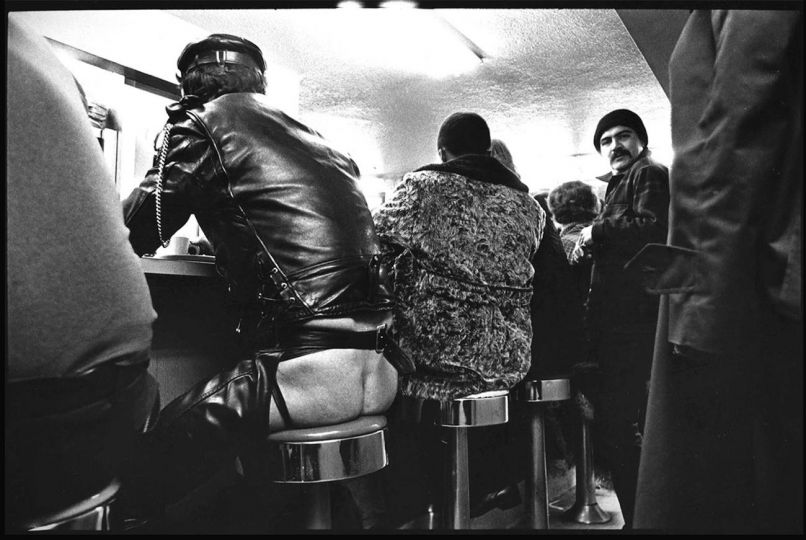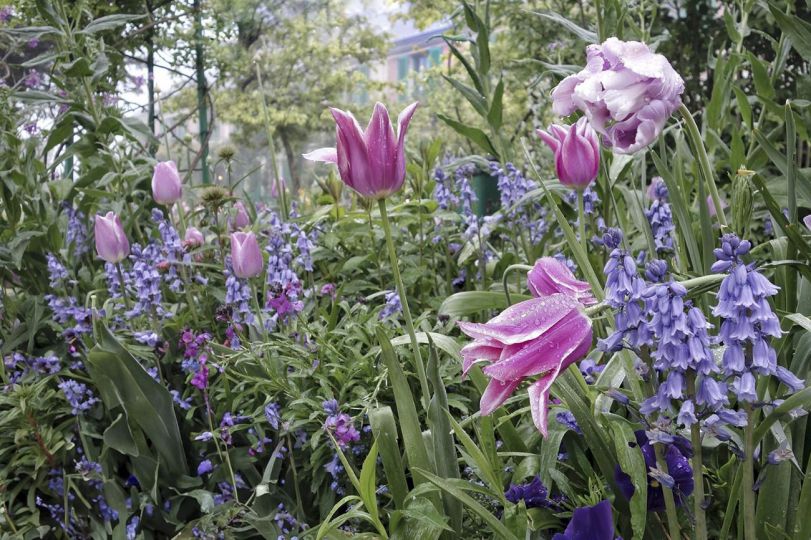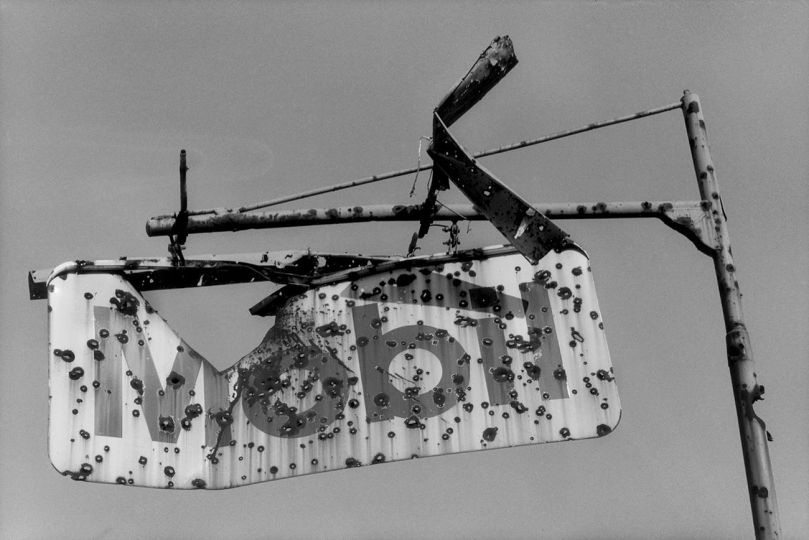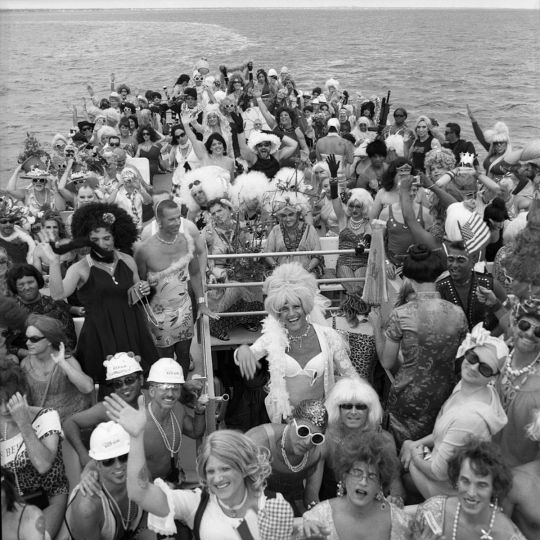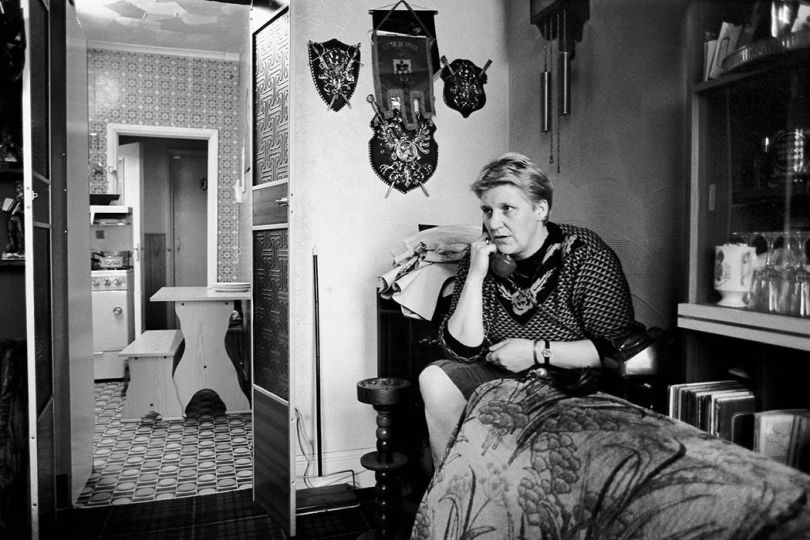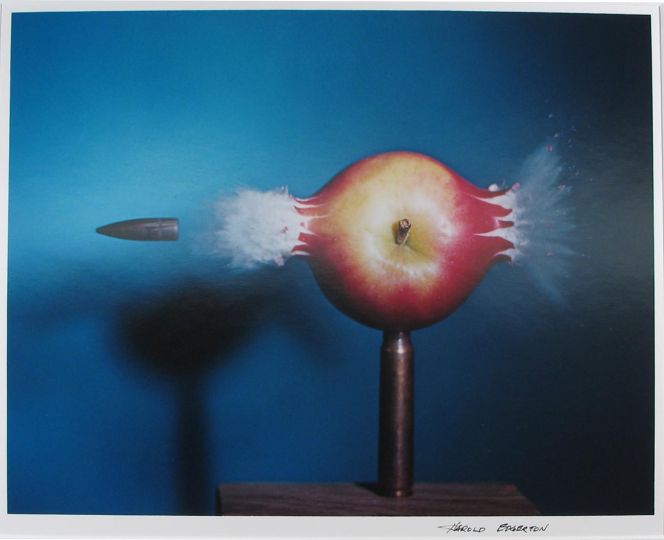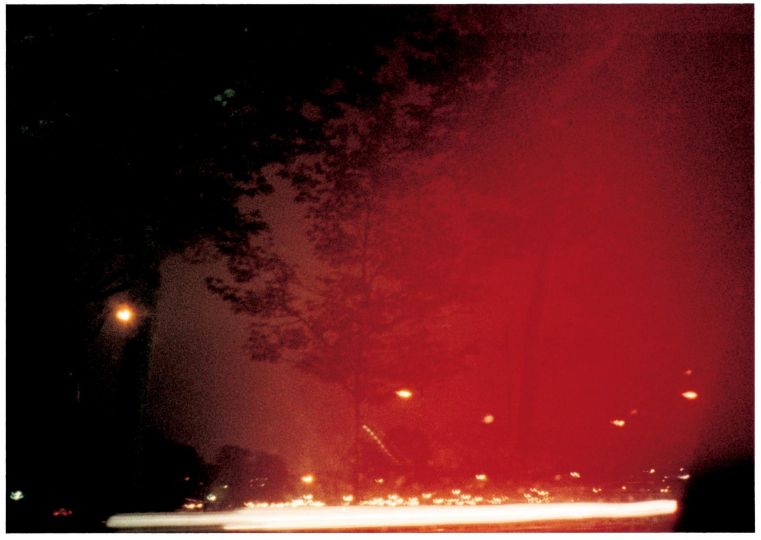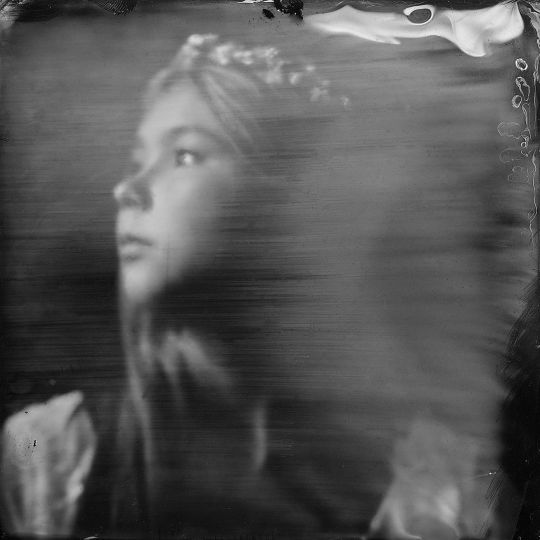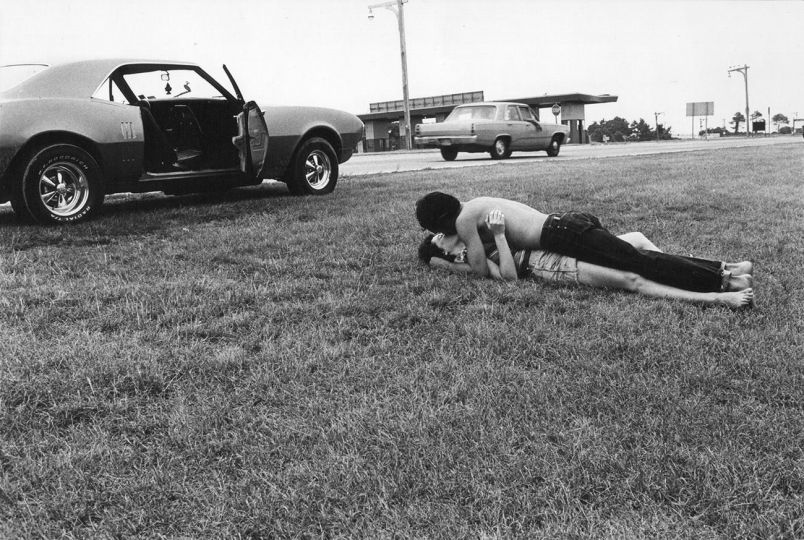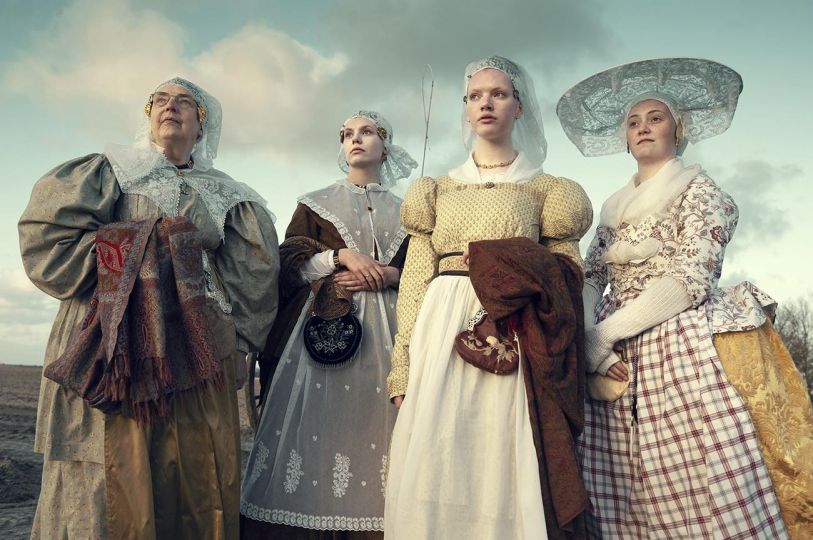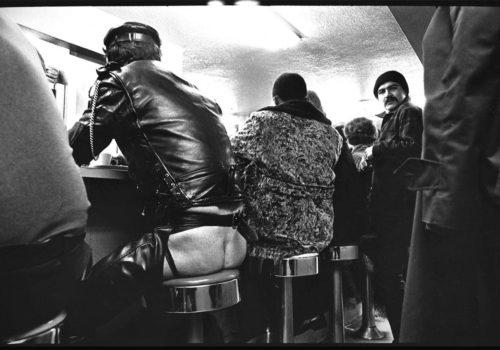For over two years, Eliane de Latour photographed prostitutes in the ghettos of Abidjan, Ivory Coast’s largest city. In her book she tells the story of meeting the girls and their “husbands” (slang for “pimp” in nouchi, the local street dialect). She took the first picture after exchanging glances with a girl named Nafissa: “I find you beautiful, do you mind if I take your picture? I’ll give it to you afterwards.” De Latour returned the next day to find herself, “surrounded by a group of girls scrambling to pose for her. I had found my role: photographer. I usually never take out my camera unless I know exactly what I plan to do with it.” Today de Latour is raising money to pay for the education and medical treatment of the forty girls she met.
Sophie Hedtmann: You are primarily a filmmaker. Can you tell us about your experience with photography?
Eliane de Latour : With the movie camera, there are time constraints and pressure at every take. It’s a construction that forces you to film your subjects while the camera is rolling. Unless I’m on assignment, I find that photography is free of those constraints. I’m not a photojournalist. Photography allows me an enormous amount of time, and there’s an immediate return: I can show the image I’ve just taken and know that one day that same image might appear in a book or at an exhibition. With the girls, I started by taking their portraits, showing each girl the beauty within her that she thought she no longer had. I re-contextualized the portraits. These photos have an impact on their own representation. These girls have pride and inner strength. Our sitting sessions were suffused with gentleness.
Sophie Hedtmann: What brought you to Abidjan?
Eliane de Latour : I first came to make a film about street children. For a long time my focus has been on thwarted refugees waiting on the other side of a border. It was a series of coincidences that brought me to Abidjan, along with a fascination with the nouchi dialect.
Sophie Hedtmann: Did this series require a lot of strength on your part?
Eliane de Latour : I don’t think so… As soon as you establish that human connection, trust, everything becomes easy. You really have to think about the subject’s position to their world in order to be welcome there. It’s an exchange. You have to be sensitive and clever to find the right place. The first photo help me find my place for the last two years.
Sophie Hedtmann: You mention in the book how you were able to convince the girls to let their portraits be exhibited.
Eliane de Latour : I had to convince their pimps that what I was doing was more for the girls than for them. They accepted, they asked for money, but they see the girls as hopeless. The guys see themselves as above it all and on the make while the girls are simply shameful.
Eliane de Latour, Go de nuit
96 pages / Quadrichromie / 15 €
Format : 18,2 X 16,8
Commande par e-mail : [email protected]
Lalibrairie.com
ISBN 978-2-9540339-0-7

